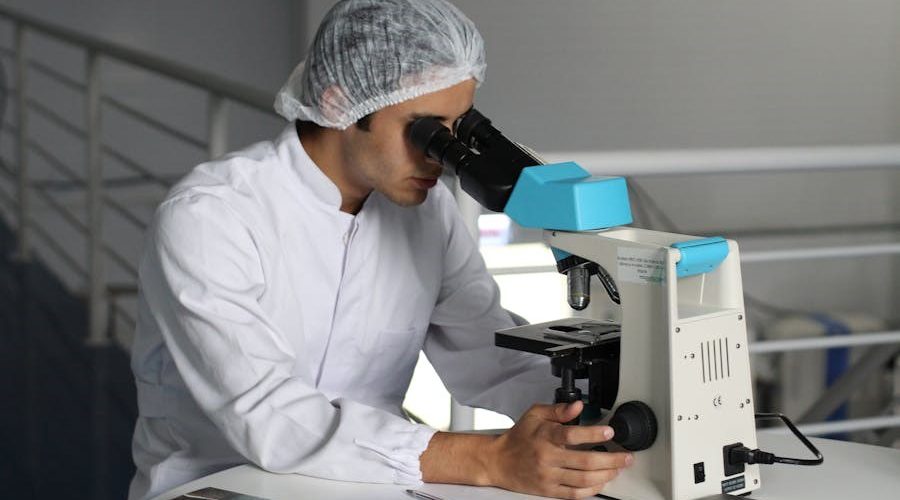The American Gas Association on Tuesday released its fourth report in its Advancing America series, Advancing America’s Pharmaceuticals: The Value of Natural Gas to the U.S. Pharmaceutical Manufacturing Sector, which outlines the essential role of the natural gas industry in sustaining the operations of the American pharmaceutical and healthcare sectors.
“The value natural gas brings to America’s pharmaceutical industry is tremendous,” AGA President and CEO Karen Harbert said. “From the gloves and mask a surgeon wears, to the disinfectants used in hospitals, to the life-saving medicines Americans depend on and the bottles they come in, natural gas and other petrochemical molecules are indispensable.”
Highlights from the report include:
- The pharmaceutical manufacturing industry in the United States sustains 1.8 million jobs, contributes to an economic output of $663 billion, generates $338 billion in GDP, and yields $30 million in state and local taxes.
- Businesses across the entire pharmaceutical manufacturing supply chain in the United States utilize more than 104 billion cubic feet of natural gas each year, equivalent to the annual natural gas consumption for all households in Missouri.
- A significant majority of adults, totaling 86%, believe that policymakers should prioritize reducing out-of-pocket healthcare expenses.
“Natural gas is essential to putting downward pressure on pharmaceutical prices,” Arizona Manufacturers Council Executive Director Grace Appelbe said. “Without it, drug manufacturing costs would spike, putting some medicines out of reach for too many and driving up healthcare costs broadly.”
Manufacturing facilities of all types, including drugmakers, rely on natural gas for its 24/7 reliability and the delivery of stable heating and temperature control, which is critical to the development and storage of medicines.
“As we learned during the pandemic with the rollout of the vaccines, undependable temperature controls harm a medicine’s potency and could make for life altering results,” Appelbe said.
The report found that facemasks, disposable gloves and syringes are also manufactured from petrochemical feedstocks like natural gas and are critical to combating the spread of disease. Petrochemical feedstocks are used for 129 billion facemasks, 300 billion medical gloves, and 979 million American vaccine syringes.
“This report is a reminder that removing natural gas from the nation’s energy portfolio would have real-world consequences,” Appelbe said. “Without natural gas’ reliability and contribution to lifesaving manufacturing, our country is less safe and less healthy.”
Medical equipment and pharmaceutical manufacturers in Arizona include Dexcom, Medtronic, Roche Tissue Diagnostics, and Bristol-Myers Squibb, as well as major commercial pharmacies like Express Scripts.
Previous AGA reports in the series have examined natural gas’ contribution to the healthcare sector and to tourism and hospitality.
















Add comment